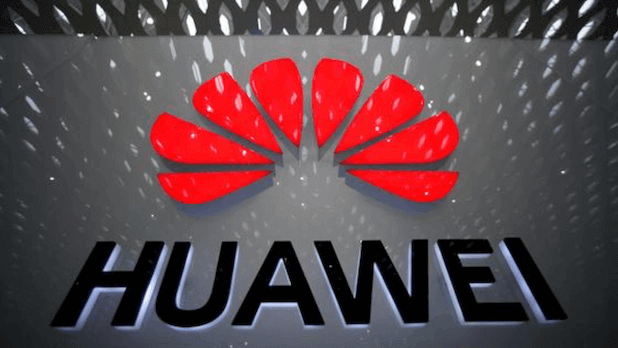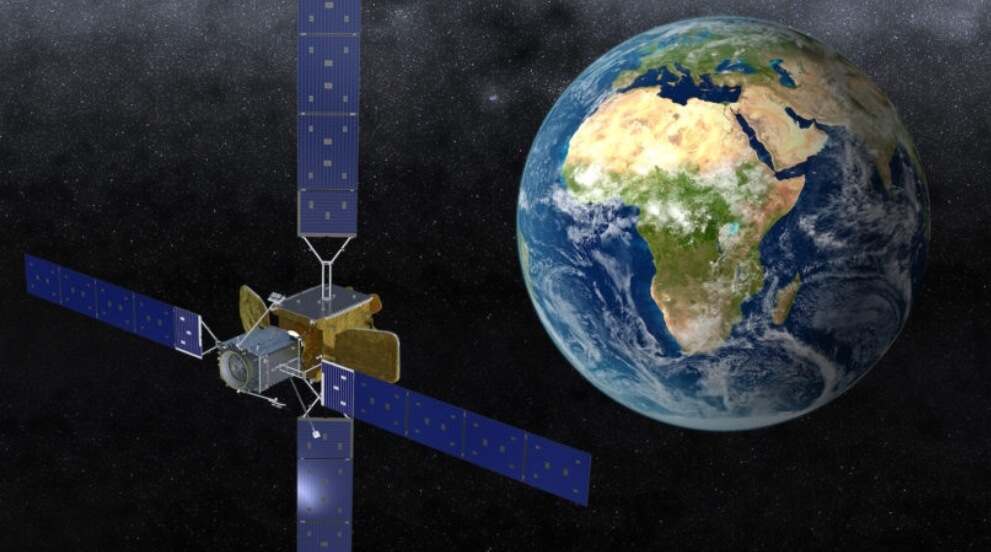Africa is Mobile – Is that a Good thing?
Africa boasts of some 700 million people on the continent having at least one mobile device (smart or feature phone). Africa has taken not only the prime position as the leading mobile continent, but is also a mobile first region.
We hear many analysts throw this fact around as though it is an accolade worthy of celebration. The fact that only about 7% of the continent’s population has access to a desktop (for the purpose of this article, a desktop includes a laptop) should be a worrying situation, that must be looked into with greater commitment.
Google Chromebooks, are lightweight in performance and cost. Solution to Africa’s Laptop problems? Source: Google Chromebook
The fact that a majority of Africans access the Internet via mobile is not as worrying as the fact that not too many of this same population have access to a desktop environment.
Mobile Devices have limitations
When a continent has very few of its people on desktop, it should be worried. Though mobile devices, including smart phones, tablets, PDAs and phablets give its users access to certain functionalities, these devices usually have limits and thus one becomes not as productive as possible on a desktop, at least, that is the case until smartphone manufacturers figure out a way to make mobile devices and efficient as desktops.
For instance, how many accountants finish up their spreadsheets on a tablet? How many web designers or developers commit their code on mobile? And do you remember the days when you flagged an email because it was so important you had to get on desktop to respond?
More devices, more often than not give us access to swiping and clicking options which are mostly far below the options a desktop can offer us. Perhaps, that is why the African social media accounts are increasing without a corresponding rise in productivity in other tech related activities such as e-commerce.
So celebrating the 700 million people with mobile devices on the continent without critically considering how this accolade limits our functions as internet users bothers me a lot.
It shouldn’t be a an either-or game
What stops an individual from possessing a mobile device, feature or smart, and a laptop? Why should we assume the desktop and the mobile device cannot owned by the same individual ? In more advanced economies, those with smart phones, likely have access to or own a desktop/laptop they resort to, to finish or execute the tasks their mobile devices are limited in.
Considering the gap between the 700 million Africans and the 7 million who own desktops, I feel this gap is caused by the economic barrier and low income earned by the mobile users on the continent.
In the past couple of years, OEMs and telcos have put in lots of efforts into reducing the costs of mobile devices, especially entry level phones. There are smart phones which sell for less than $50 on the market. This reduction is pricing trend, is however yet to be introduced unto the desktop market.
Illiteracy is still a big barrier in Africa
Here, is the sad truth – even if we gave every African on the continent, a free laptop, a good number of them might still not be able to go beyond slotting a CD into the CD-ROM to auto-play their best tunes. The desktop unlike smartphones, mostly take commands via the keyboard (except laptops with touchscreens).
At this point, person who lack literacy and numeracy skills may find this task difficult to maneuver. By prioritizing education across the continent and introducing laptops keyboards in local languages (in regions where written and spoken local languages are more commonly used), the effects of this barrier will be minimized.
It is about time we stopped celebrating the mobile-boom in Africa and focused on why there is still a big chunk of Africans off desktops/laptops. What if we got 700 million Africans on desktop as well?
Iterations of Mobile phones over the years. Source: Anders, Wikimedia Commons
The Solution?
As it stands today, Chromebooks are the most selling educational PC in the United States. Considering the relatively less cost of Chromebooks, how fast they run, and ease-of-use, should Africa consider these devices as our way forward?
Africa faces many challenges, including power supply. With Chromebooks, they last over 6 hours from a typical use, which is way better than many laptops on the market today. At a price-point of just $300, the benefits outweighs its cost, and it can be considered a great candidate to fill the gap available at the moment.
What do you think?
Source: EdwardTagoe.com





